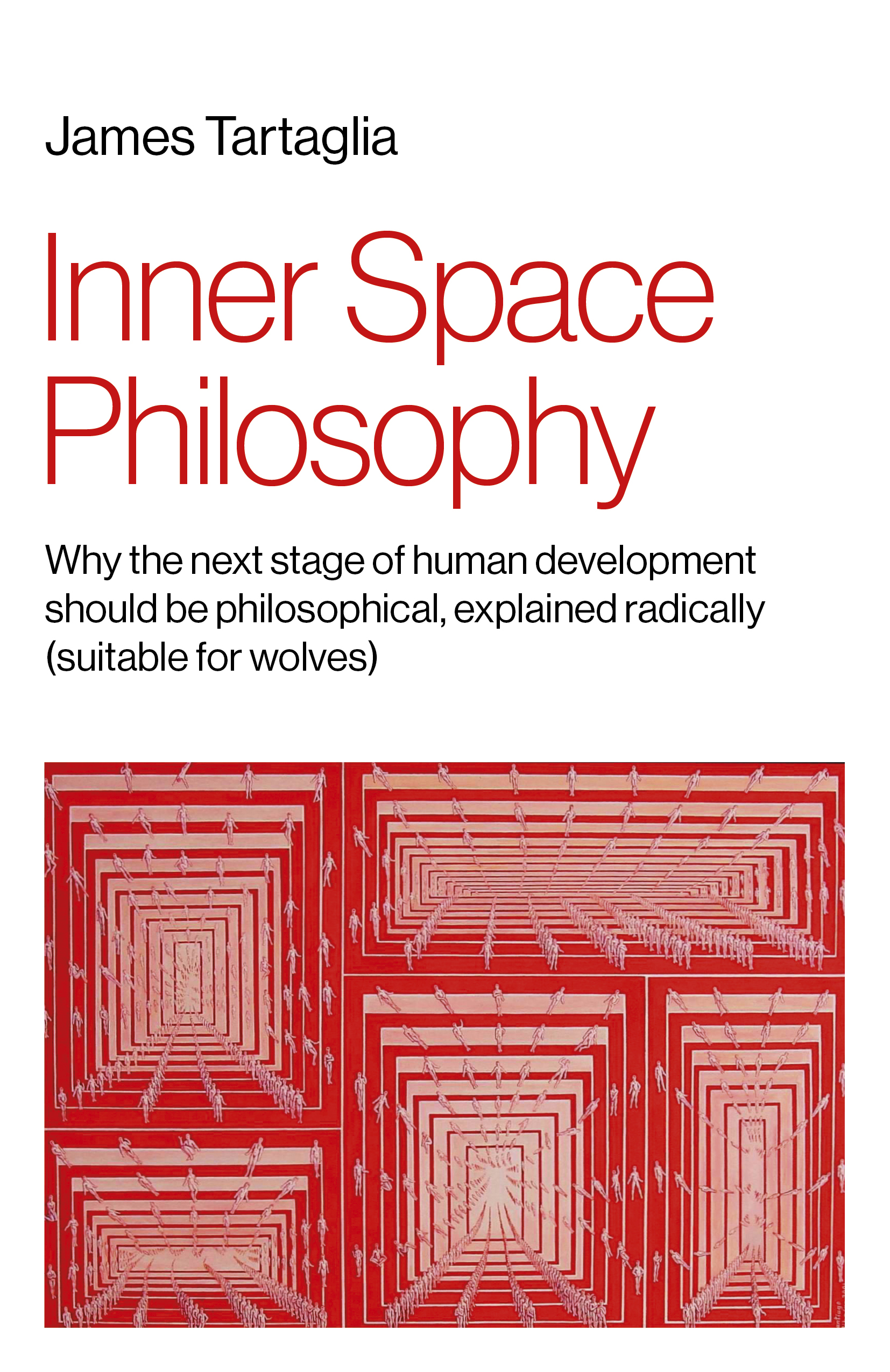

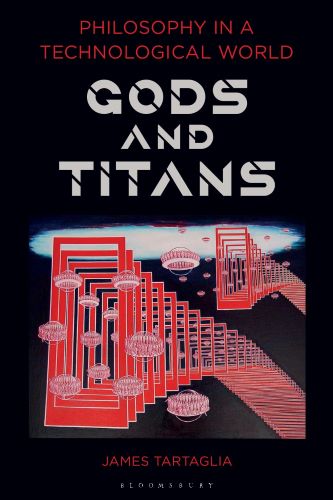
Philosophy has come to seem like a specialist interest with little or no influence on our lives. On the contrary, argues James Tartaglia, it was the philosophy of materialism which taught us to turn from the gods to seek practical assistance from the titans, thereby reversing the moral of an ancient Greek myth to inspire the building of today’s technological world. As the largely unreflected belief-system it has now become, materialism continues to steer the direction of technological development, while making us think this direction is inevitable. By drawing on neglected idealist traditions of philosophy, Tartaglia argues for a new way of looking at reality which asserts our freedom to choose, reaffirms and builds upon our ordinary, everyday understanding, and motivates us to convert technological innovation into a process driven by public rationality and consent. With discussions ranging from consciousness, determinism and personal identity, to post-truth culture, ego-death and video games, this clear and accessible book will be of wide interest.
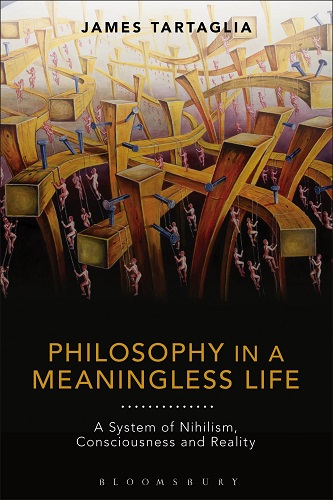
This book provides an account of the nature of philosophy which is rooted in the question of the meaning of life. It makes the case for believing that this question is neither obscure nor obsolete, but reflects a quintessentially human concern to which other traditional philosophical problems can be readily related, allowing them to be reconnected with natural interest, and providing a diagnosis of the typical lines of opposition across philosophy’s debates. Tartaglia looks at the various ways philosophers have tried to avoid the conclusion that life is meaningless, and in the process have distanced philosophy from the concept of transcendence. Rejecting all of this, Tartaglia embraces nihilism (‘we are here with nothing to do’), and uses transcendence both to provide a new solution to the problem of consciousness, and to explain away perplexities about time and universals.
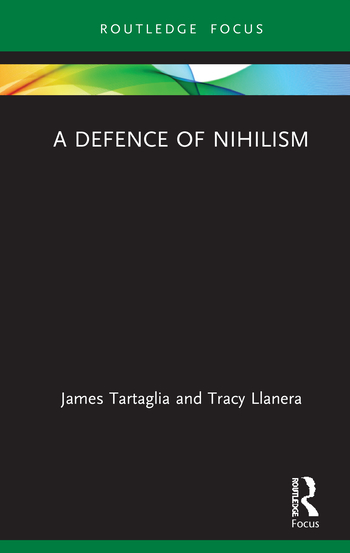
Nihilism has received a grossly misleading press, in our view. Far from being a problem that needs to be overcome, we will argue that it is an insightful and morally anodyne philosophical outlook on the world; one which allows us to take a cosmic perspective on our lives without making religious presuppositions. As such, our objective in this short book will be to rehabilitate nihilism’s public image. If we can achieve this, we think a significant barrier of misunderstanding between religious believers and atheists will have been removed.
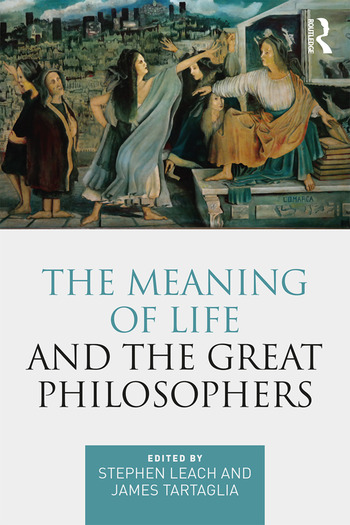
This book reveals how great philosophers of the past sought to answer the question of the meaning of life. It contains thirty-five chapters which each focus on a major philosophical figure, from Confucius to Rorty, to imaginatively engage with the topic from that philosopher’s perspective. This volume also contains a Postscript (‘The Blue Flower’), co-written with Stephen Leach, on the historical origins and original significance of the phrase ‘the meaning of life’.
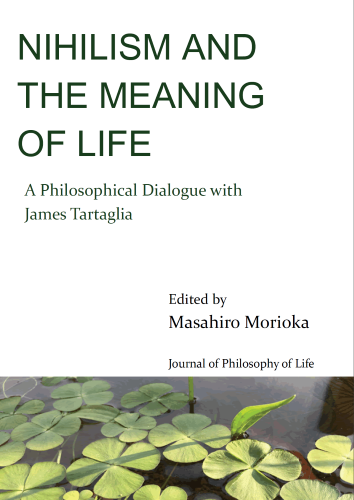
Ten philosophers reflect on Tartaglia’s Philosophy in a Meaningless Life. Contains the author’s replies and a new essay entitled 'Nihilism and the Meaning of Life'.
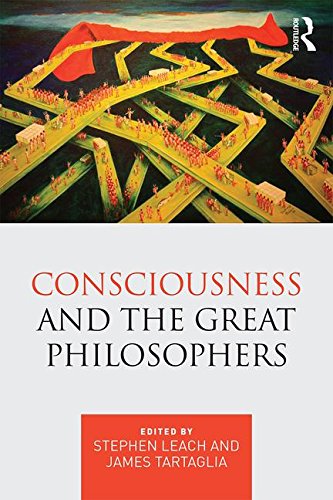
This book addresses the question of how the great philosophers of the past might have reacted to the contemporary problem of consciousness. Each of the thirty-two chapters within this edited collection focuses on a major philosophical figure from the history of philosophy, from Anscombe to Xuanzang, and imaginatively engages with the problem from their perspective.
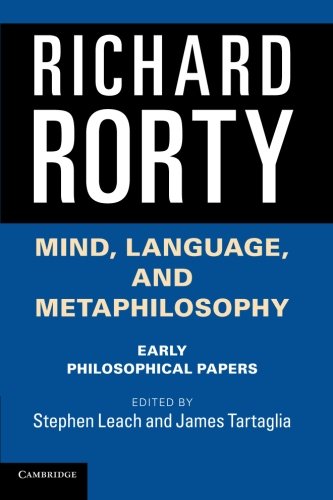
This volume presents a selection of essays which Richard Rorty wrote during the first decade of his career (1961-72). The introduction examines Rorty's philosophical development during this period.

A four-volume survey of Rorty scholarship, with the articles organised by theme. Contains my essay ‘Are Causal Pressures part of the Way the World Is?’

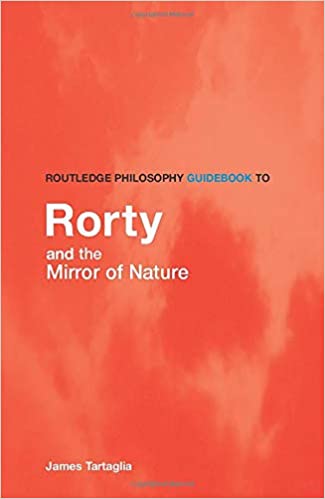
Explains Rorty’s Philosophy and the Mirror of Nature (1979), chapter by chapter; contains plenty of criticism, too.